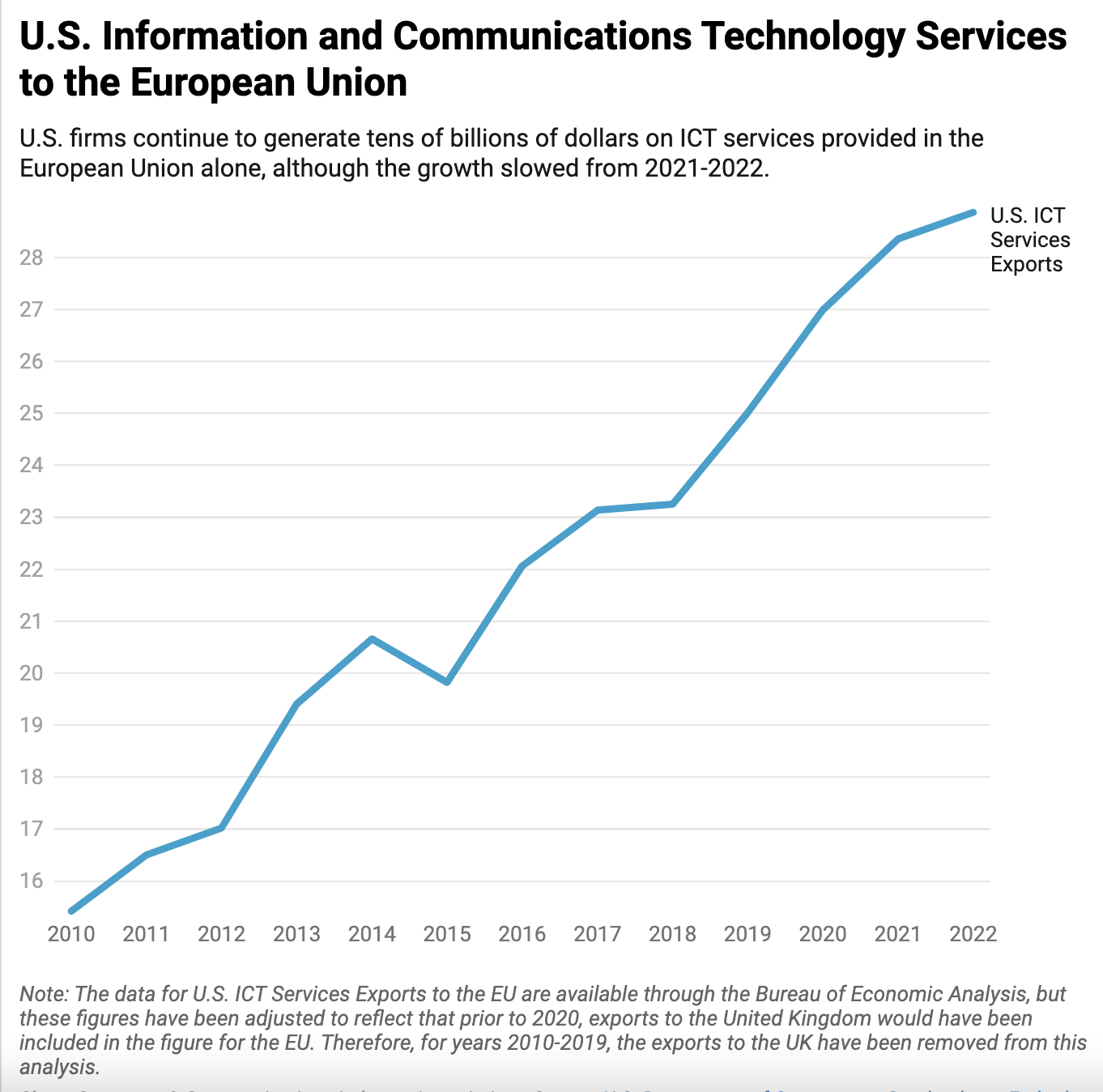Senator Wyden Outlines “Freedom to Compete” Agenda at CES
Throughout the history of making and enforcing intellectual property and Internet policy, stakeholders such as the tech industry and consumer public interest groups generally have had to play defense and prevent the status quo from getting worse. But it should not always be that way. Fortunately, 2013 may finally be the year the United States Congress focuses on a positive innovation agenda. In an excellent speech at CES yesterday, Senator Ron Wyden — introduced as “the Senator from the Internet” — outlined an optimistic “Freedom to Compete” agenda for 2013. The transcript is worth reading; Wyden champions the economic impact of the Internet, and the people and businesses who rely on it and fight for it, and addresses potential reforms in areas such as copyright, patent, privacy, international trade, cyber security, competition, and data caps. He also focused on the importance of not favoring incumbents, a frequent topic on DisCo:
While government cannot be fully counted on to stand up to incumbent interests, there are champions of innovation in Congress, both Republican and Democrat, who will stand against those seeking rig the system to deny innovation a fair shot in the marketplace. The incumbents often seek special help from the government, claiming they want a marketplace from government intervention; but they don’t get it. The role of the government is to address market failures, and to block cartels, monopolies, and anti-competitive forces that interfere with the effective operation of free enterprise. A legitimate function of the government is to defend the market against the forces interfering with its efficient function.
In June, Senator Wyden wrote a guest post for DisCo entitled “The Internet and Disruption,” where he wrote that the “disruptive, creative power of the Internet has allowed innovation to overcome the incumbents time after time,” so it is not surprising to hear him speak on this topic. Still, it is encouraging to see these ideas framed as policy goals for the 113th Congress.








